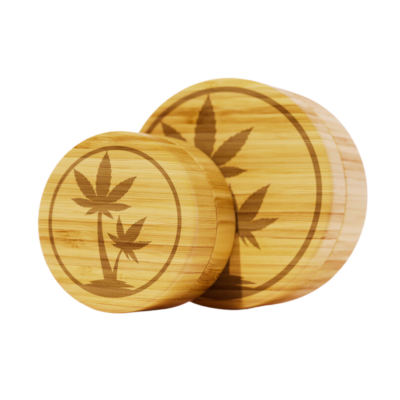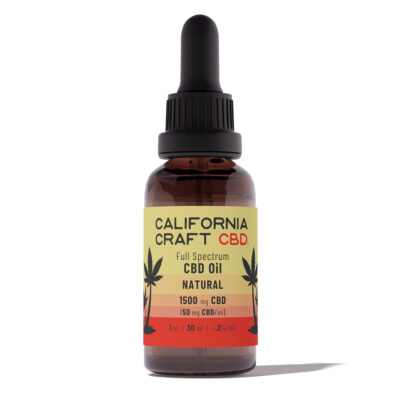One of the most interesting things about nature is that it provides us with all of the necessary tools to live a sustainable, healthy, and eco-friendly lifestyle. It is simply up to us to understand those tools that are offered, and how they can be used. In many cases, they have multiple uses and can provide ever-increasing benefits when used properly.
Hemp is one such tool. It’s a semi-wild, resilient plant that requires very little in the way of water and nutrients and can be easily grown in a wide variety of climates. Beyond its range of uses, from food to medicine to eco-plastics, hemp has a number of ecological benefits that make it an ideal tool for sustainable green development.
Phytoremediation
In the world of horticulture and agriculture, it is widely known that specific plants have the ability to draw toxins out of the soil they are grown in. This process is known as phytoremediation. Such plants, including Hemp, are capable of drawing heavy metals and other toxins left in the soil by pesticides and phosphate-heavy fertilizers. It can remove everything from pesticides and heavy metals to radioactive waste.
Soil Regeneration
A farmer typically learns how to cycle their crops in order to prevent the soil exhaustion that occurs when the soil is depleted of its minerals. Part of this process is allowing fields to lie empty or fallow while the soil recovers. However, when Hemp is used as a crop, it is able to regenerate the soil while it grows. The leaves and the stems that drop from the plant are rich in bio-nutrients, which are released as they decompose into the earth.
Additionally, the roots of the hemp plant go deep into the soil. The root penetration prevents soil erosion and loosens the soil, creating an ideal home for the next crop. Plants that have been planted in soil following two years of hemp cultivation show an increased abundance of 10-15%.
Carbon Sequestration
One of the most remarkable aspects of the Hemp plant is its phenomenal ability to draw carbon out of the atmosphere during its grow cycle. Hemp cultivation, when done properly, is a carbon-negative process. The amount of carbon created during the growing process is less than the amount of carbon that hemp is able to capture during its lifecycle. It is estimated that one hectare of hemp can draw up to 15 metric tons of carbon out of the atmosphere in the course of one cycle.
The Ultimate Multi-tool
All of these factors make hemp an exceptional tool of great value to our species. It is estimated that there are over 25,000 end-products associated with hemp, covering everything from food and medicine to bioplastics and composites.
As a tool for climate sustainability, hemp works to clean and revive soil. It is a carbon sequestration powerhouse and can be a foundation for developing wide-scale organic farming practices. Hemp truly is one of nature’s greatest gifts, and it is high time we started making the most of it. The CBD products you buy today to increase your wellness and overall well-being may very well be a crucial piece of the cornerstone to build a healthier and greener future – both for ourselves and for the planet.




